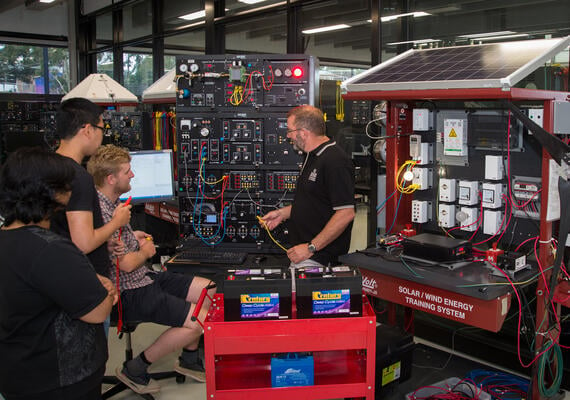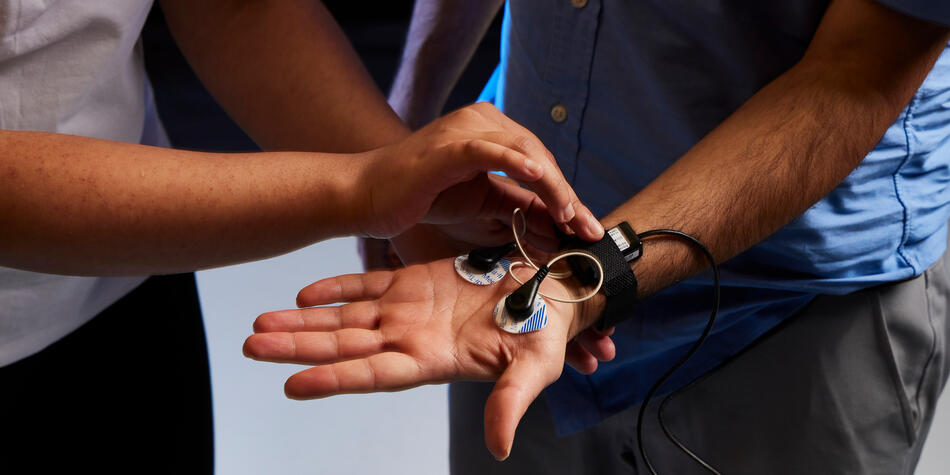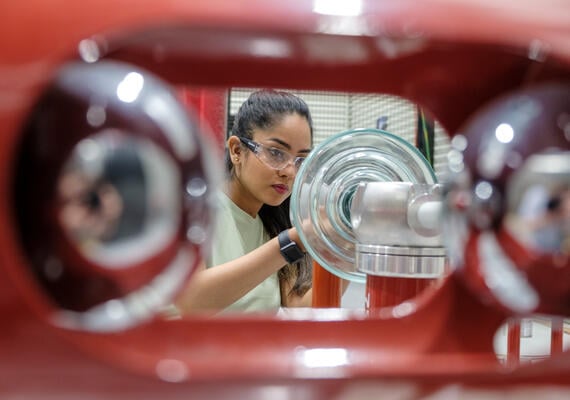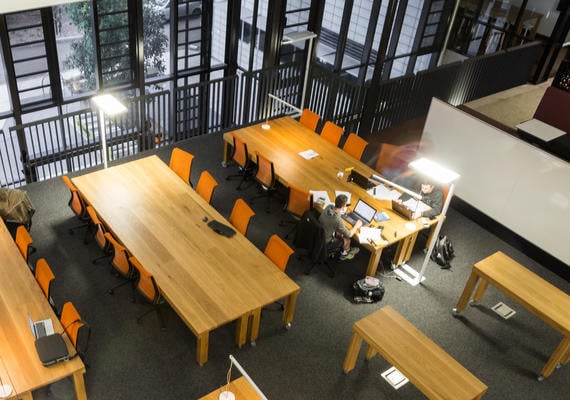Our smart technologies research focuses on the creation of new knowledge and innovative technologies for solving fundamental and applied research problems and creating and supporting jobs of the future.
Advanced Robotics Technologies – focuses on electronics, mechanical, software and control for robotic platforms. This includes robots and their uses, and sensors and control systems for robots.
Biomedical Systems Design – focuses on rehabilitation and assistive device design for biomedical applications. This utilises strengths in the bio-mechanic-based problems, robust estimation and human motion capture, signal filtering and motion analytics.
Control Systems – focuses on developing innovative, integrable software and hardware solutions with novel theories and technologies for the next generation of interconnected and complex systems.
Instrumentation and Measurement Systems Design – focuses on designing and deploying measurement technologies for physical parameters. We design and build nano-scale to large-scale measurement systems for environmental, biological and industrial applications.
Sensors, Devices and IoT technologies – focuses on the design and development of smart devices, circuits, instruments and systems incorporating sensing, actuation, wireless transmission, networking and IoT, data acquisition/storage, control, AI analysis, energy harvesting and power management.




